What the First Amendment means to me
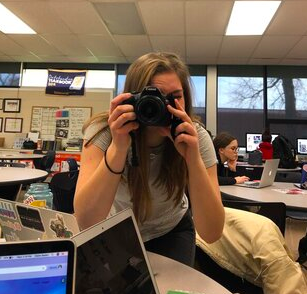
Hannah Kennedy, senior, takes a photo in her journalism class.
The First Amendment of the U.S Constitution guarantees five fundamental freedoms, and according to the Freedom Forum Institute, only 71% of U.S adults are able to name one freedom, let alone all five. In case you’re struggling to remember all five, you’re not alone; however, as US citizens, it is important that we educate ourselves on these constitutional values.
“Congress shall make no law respecting an establishment of religion, or prohibiting the free exercise thereof; or abridging the freedom of speech, or of the press; or the right of the people peaceably to assemble, and to petition the government for a redress of grievances.” That one sentence solidifies the freedom of religion, speech, press, assembly and petition. For me, as a student journalist, those rights are intrinsic in the work I do and the career I want to pursue.
Back in June, I had the opportunity to attend the Al Neuharth Free Spirit Journalism Conference hosted virtually by the Freedom Forum. On the first day of the conference, all 50 students were asked if they could name the five freedoms protected by the first amendment. I listed them through my head, only able to name three: religion, speech, and press. If I am being honest, I was embarrassed at myself for being ignorant and forgetful of these basic constitutional rights.
Throughout the conference, we discussed how this amendment affects us specifically as journalists. In the age of media bias, “fake news,” and false information circulating the internet, factual, unbiased journalism is more important now than ever. While I am able to exercise my right to free press and my own opinions through freedom of speech, I have to be aware that they can not always intersect. Yes, I can have my own thoughts, ideas, and opinions, but when I am reporting those partialities can become detrimental to telling the truth.
In 2019, 76% of U.S adults agreed that “the spread of fake news and misinformation on the internet is a serious threat to our democracy,” according to the Freedom Forum. Along the lines of fake news, 56% of Democrats agreed that the media tries to report without bias, and 39% of Republicans agreed with that statement.
I want that to change. Under the First Amendment, I have the right to report and accurately inform society about the ongoings of the world, but I also have the right to storytelling. So much bias, divisiveness, and misinformation comes from a lack of understanding. As a journalist, I have the ability to connect with a myriad of people from different backgrounds, beliefs, cultures, and upbringings. By sharing their stories with the greater community, I hope to unite people through my reporting rather than divide them.
Through exercising my freedom of the press, among other First Amendment rights, I hope to continue telling the stories of people around me. I am a journalist. I am a storyteller. That is what my First Amendment means to me.
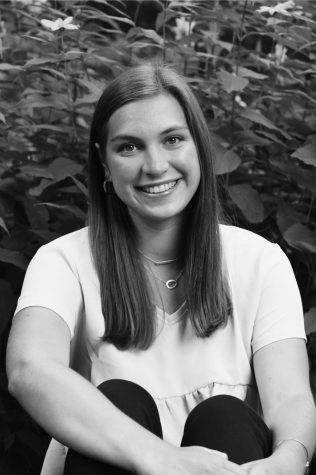
Hannah Kennedy is a senior at Homestead and serves as editor in chief of Highlander Publications. She is going to study journalism in college at the University...

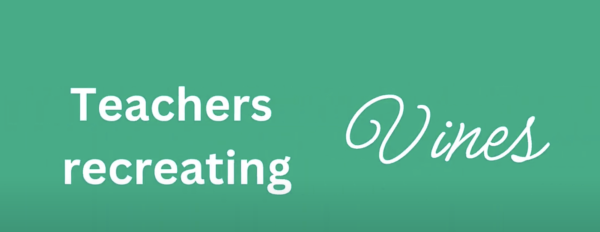
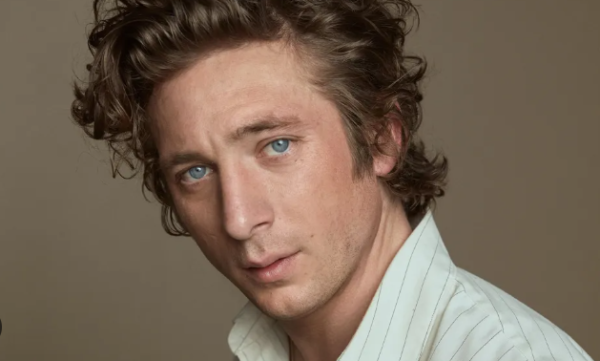
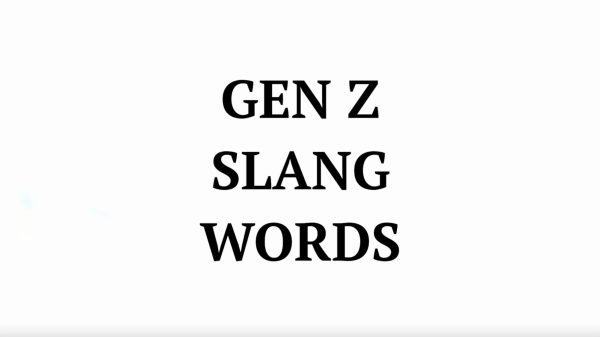
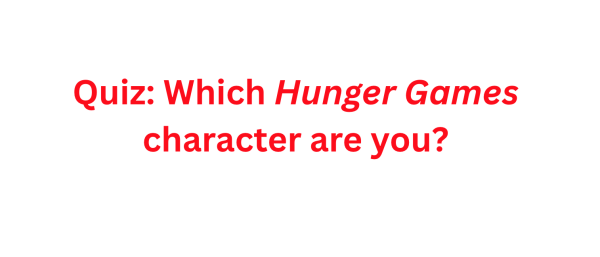
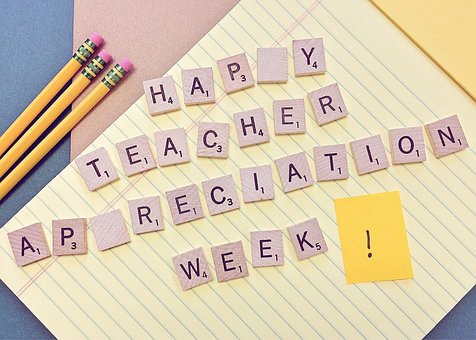
Josephine Taylor • Dec 16, 2020 at 7:22 am
Sounds like you will be an excellent journalist. Fair and informed.